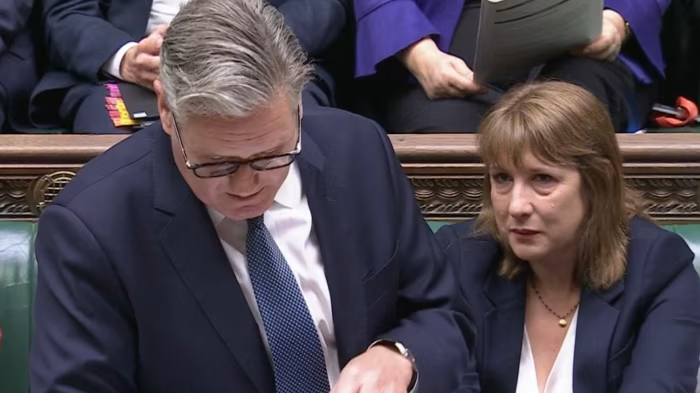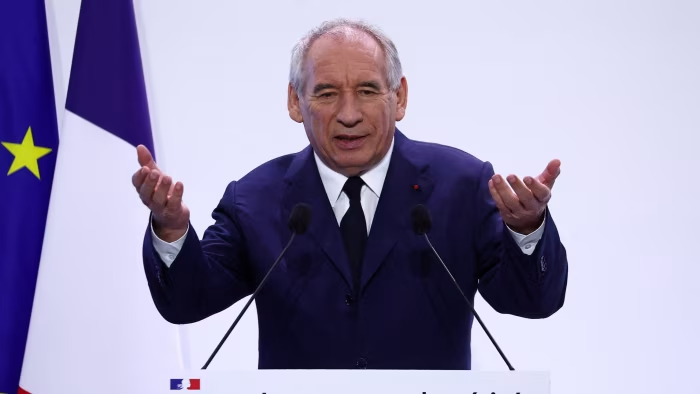📰 UK Bonds and Sterling Tumble Amid Doubts Over Reeves’ Future

A sharp sell‑off in UK government bonds and a notable slide in sterling have fuelled growing unease in markets — all triggered by a tense Prime Minister’s Questions session earlier today.
🔻 Bond yields spike
Investors reacted sharply after Prime Minister Sir Keir Starmer declined during PMQs to guarantee Chancellor Rachel Reeves would stay in post — a marked departure from his earlier public assurances that she would remain through this Parliament. The result: 10‑year gilt yields surged over 15–22 basis points, reaching a high of around 4.6–4.7 per cent — the largest single‑day rise since the Truss mini‑Budget crisis of October 2022.
💱 Pound slides
Sterling weakened around 1.1–1.2% against the US dollar (to roughly $1.36) and declined by nearly 0.8% versus the euro . Analysts note this unusual combination—rising yields and falling currency—is a sign of shaken confidence in the UK’s fiscal management.
🎭 The Emotional PMQs Moment
During PMQs, Conservative leader Kemi Badenoch pressed hard: pointing out Reeves’ tearful demeanor, labelling her a “human shield” for Starmer’s “incompetence,” and demanding to know if she would stay until the next election. Starmer’s dismissive comeback—saying she “certainly won’t” in response to Badenoch’s question—sparked the fallout.
Reeves visibly wiped away tears, prompting the Treasury to attribute this to a “personal matter.” She later left the Chamber under the care of her sister and Labour MP, Ellie Reeves.
Immediately, Downing Street moved to clarify: Reeves is “going nowhere” and “has the PM’s full backing,” despite earlier ambiguity.
📉 What This Means for Fiscal Credibility
- Policy U‑turn hit: Labour abandoned key welfare reforms—including £5 bn in cuts to Personal Independence Payments—under internal rebellion. That retreat eroded £5 bn in savings, forcing Reeves into challenging decisions over increased taxes or spending cuts in the autumn Budget.
- Markets sense vulnerability: Investors fear that Reeves’ replacement by a more “free‑spending” Chancellor could undo fiscal discipline and blow out deficits. As one Fidelity fund manager put it, a shake‑up could “jeopardise Labour’s commitment to fiscal responsibility”.
- What lies ahead: With fiscal headroom now narrower, the Chancellor is expected to explore tax rises, renewed spending cuts, or adjustments to fiscal rules. Backbench dissent and City watchdogs—including the IFS and resolution‑foundation think tank—are already warning that the government may need to raise up to £20 bn to restore confidence.
🧩 The Takeaway
| Point | Insight |
|---|---|
| Political risk | Starmer’s failure to defend Reeves exposed internal Labour tensions at a moment of financial strain. |
| Market signal | The yield spike and sterling fall reflect fears of unstable fiscal policy. |
| Fiscal reckoning | With lost savings, Reeves faces a tight Budget and critical test of credibility. |




